The PSA Group has been openly exploring an entry into the North American market for years – and it seems the time is now. As part of the group’s bold ‘Push to Path’ strategic plan, chairman Carlos Tavares confirmed the firm’s various brands would be expanding into new markets: Peugeot into North America, Citroën to India and Opel to Russia.
The boldest move is that North American one. Peugeot hasn’t been present in the USA since 1991, when it withdrew after 33 years due to dwindling sales. But given PSA and Peugeot’s desire for growth, the market – one of the biggest in the world – represents a huge opportunity.
Clearly, it makes sense for PSA to focus its North American efforts on a single brand, and Peugeot has more heritage there than any other PSA marque. Tavares said: “We believe bringing the brand that three times won the Indianapolis 500 is the right thing to do.”
Three Indy 500 wins is, indeed, a fine achievement, although it’s worth noting the last of those came when Howdy Wilcox triumphed in 1919, the first time the event ran following the First World War. Not exactly a result likely to resonate with current US car buyers.
Resonating with US buyers will be Peugeot’s biggest challenge, especially given the market there is dominated by large SUVs and large pick-ups such as the Ford F-150. It’s a market rapidly moving away from traditional cars, with the likes of Ford deciding to can all of its saloon models. There’s a focus on rugged, no-nonsense, bold vehicles that contrasts sharply with Peugeot’s design-led French flair.
But that contrast could present an opportunity, giving Peugeot the chance to stand out in the market – and it seems the firm is planning to do that. While Tavares did not give specifics on the firm’s North American plans, he said Peugeot's North America business would operate in “a highly unconventional way, not the traditional way”, with an emphasis on “frugality”.
Tavares did say that, initially, the cars sold in North America would be imported from China and Europe, which suggests it will be models from its existing range. Peugeot has enjoyed growth in Europe through the success of its SUVs, several of which could appeal in the US. The seven-seat 5008, for example, would be a good fit size-wise – and could offer an alternative to the American, Japanese and German machines that dominate the segment.

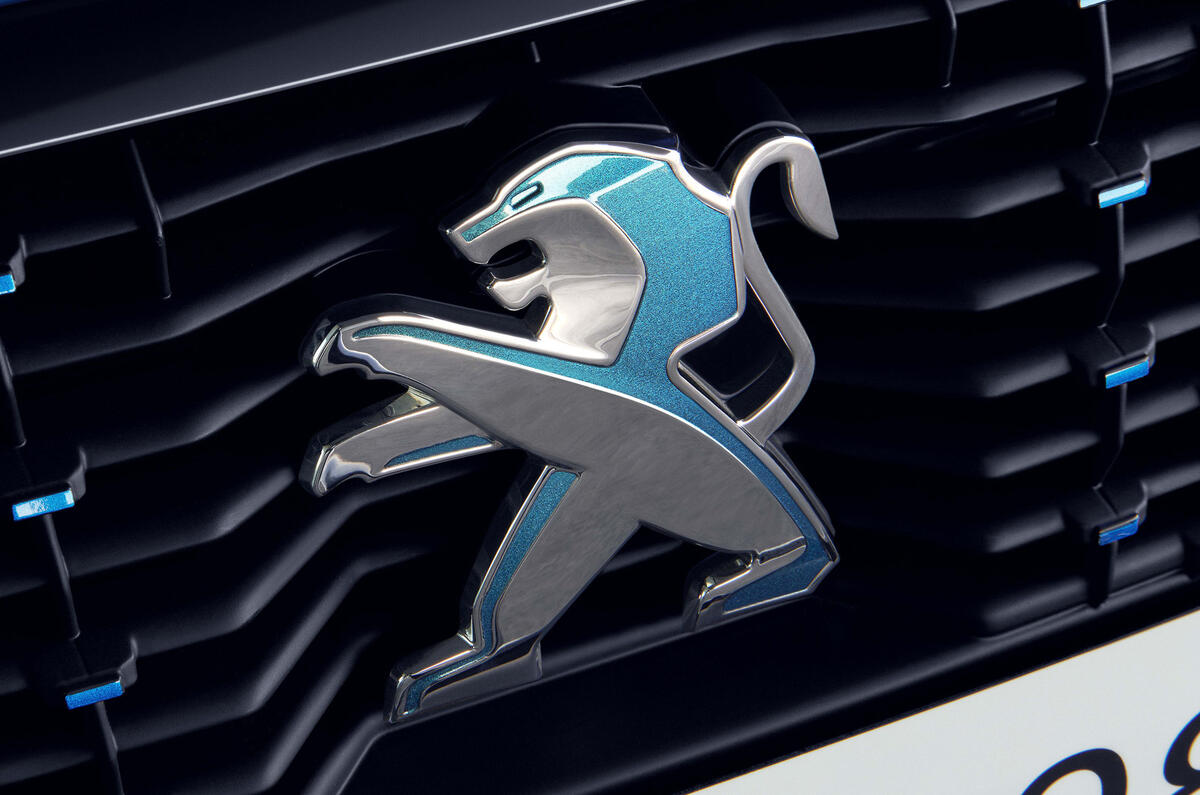
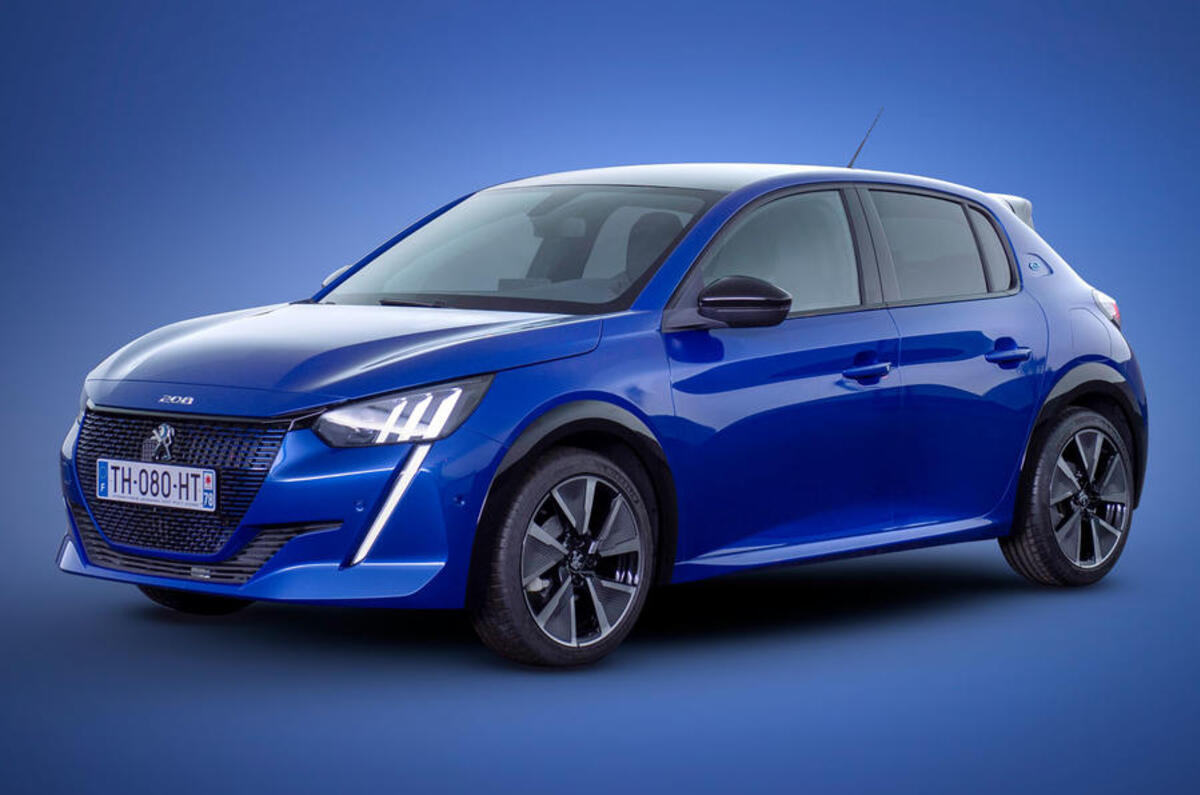
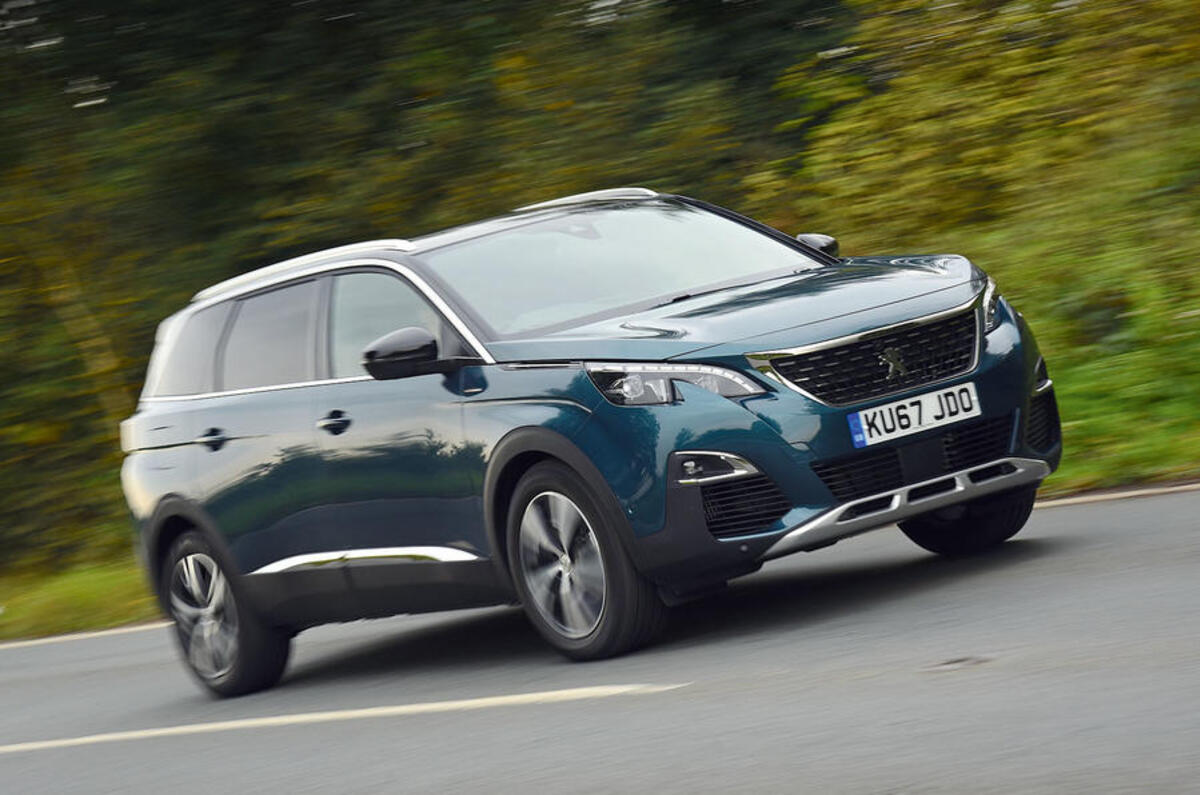
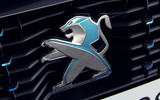
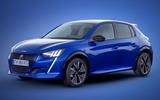
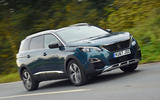







Join the debate
Add your comment
They've no chance
No wonder they're doing it on the cheap- they have zero chance to succeed. What's their unique selling point? Others have the market covered as Boris9119 says. They have neither the product, or the image that Americans want.
Bit like tryng to launch Vauxhall in the UK. What? They already have?
Being "French" is not exactly going to float Americans's boats.
They've no chance
No wonder they're doing it on the cheap- they have zero chance to succeed. What's their unique selling point? Others have the market covered as Boris9119 says. They have neither the product, or the image that Americans want.
Bit like tryng to launch Vauxhall in the UK. What? They already have?
Being "French" is not exactly going to float Americans's boats.
Not a Chance
I would suggest James has little understanding of the US car market or the US consumer. Peugeot has no chance of making a significant impact in the US market. The Koreans have the budget end, and build a more reliable and more US 'taste' product, VW has the 'student/first car' market, Honda and Toyota rule the 'sensible and affordable' segment and are both leagues ahead of Peugeot, and Peugeot does not build anything to compete in the sectors above that. Yes they will sell some vehicles, but expect a tactical withdrawal after the 7year business plan fails. Offload this journalist, my 15yr old has more insight.
Agreed
Boris9119 - couldn't agree more - the article showed a very unrealistic picture.
The USA is unique - Ford sold more than 1 million F150 (5.8m long) pick-up trucks in 2018. In the same year VW sold 42k of Europe's most popular car, the Golf, in the USA. If Peugeot want a piece of the mainstream US market they need to bring a truck or SUV. And make it big, VW sold 250k Tiguans in Europe last year vs. 14k in the USA (while Chevy sold 160k of V8 Tahoe/Suburbans).